Market Trends
Key Emerging Trends in the Trash Bags Market
The market for recycled plastic is being created by strict government rules and policies that promote recycling. To illustrate, several nations are working to lower the amount of plastic trash, encourage recycling, and set objectives for the usefulness of recycled materials in various areas. These efforts by the government are a big part of why recycled plastic is growing in popularity. Businesses and people are changing how they do things now that they know how plastic trash hurts the world. Recycling plastic makes people want to buy things made from recovered plastic because they know how trashed plastic affects the earth. People are changing what they buy and how businesses try to be better for the world because of this information. The market for reclaimed plastic is growing because it is getting easier to process plastic thanks to progress in technology. Some changes to the ways we recycle, like better sorting, chemical recycling, and mechanical recycling, make recycled plastic more useful in many ways by making it better and more efficient. Lots of people are using closed-loop recycling systems. People collect used plastic, process it, and then use it to make new things in closed-loop models. Along the lines of the green economy, this way cuts down on trash and makes plastic last longer. Companies are finding more and more ways to use used plastic. People are making use of recycled plastic for buildings, cars, clothes, as well as technology. Plastic is a lot easier to utilize in various things since it can easily be shaped in diverse ways and is easier handle. More and more people want recycled plastics that are also of good quality. People and businesses alike are looking for good plastics that can be recovered. Used plastics can now be made to work just as well as new ones thanks to better ways to recycle. This means that they can be used in more applications. In addition to the old ways, new products that can be recycled and used again are helping people recycle. There aren't always recycled plastics that break down naturally, but bio-based plastics that do are getting better, which is good news for people who are worried about plastic trash. Many consumer brands are working to move to packing ways that are better for the earth. Numerous big companies have big plans to package their goods with more recycled plastic. This will change the green norms for the whole business and make more people want to reuse products. People who use plastic should know about the market for recovered plastic and take part in it. People can make choices that are good for the earth because they are learning more and getting more education. Building sites to recycle plastic is being paid for by both public and private groups. For example, funding and support for recycling sites, pickup methods, and research and development are making the market for recycled plastic bigger overall. Recycling is becoming more and more popular. People and businesses want to buy used things because they help the world have less garbage. More and more people are buying things that can be returned after they are used. Efforts around the world to make less plastic trash are changing how markets work. Governments, international agreements, and groups are working together to stop plastic trash around the world. As part of these efforts, businesses have promised to use more recycled plastic and do other things to make plastic goods in general less bad for the environment.


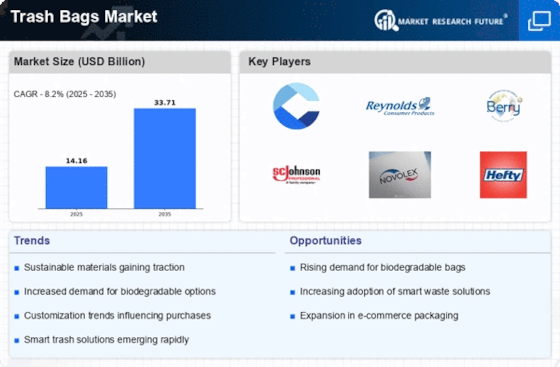
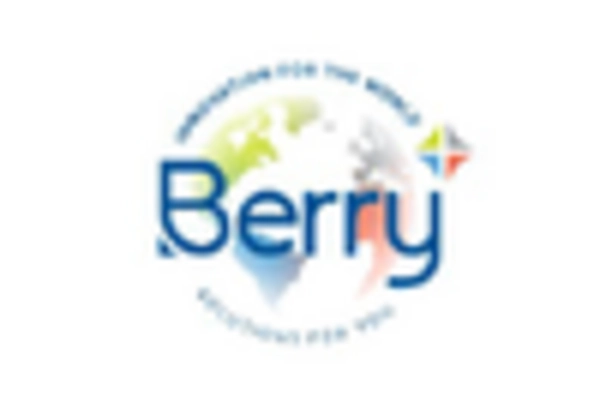
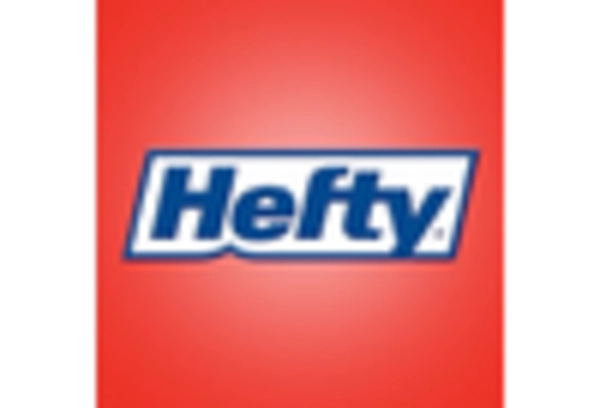
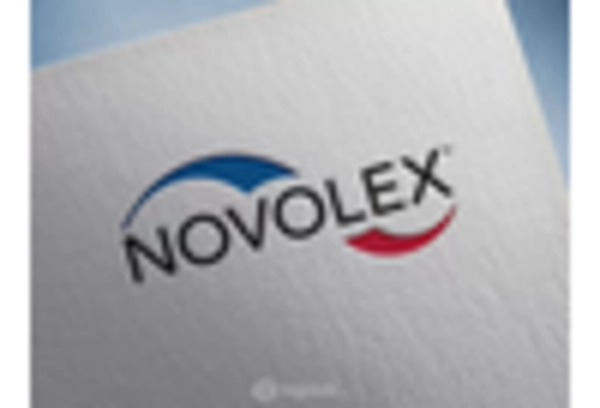
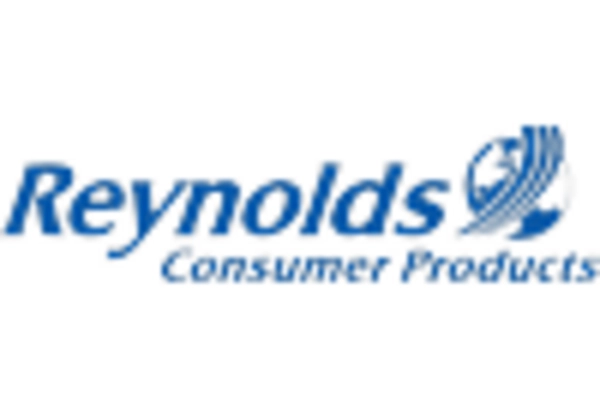
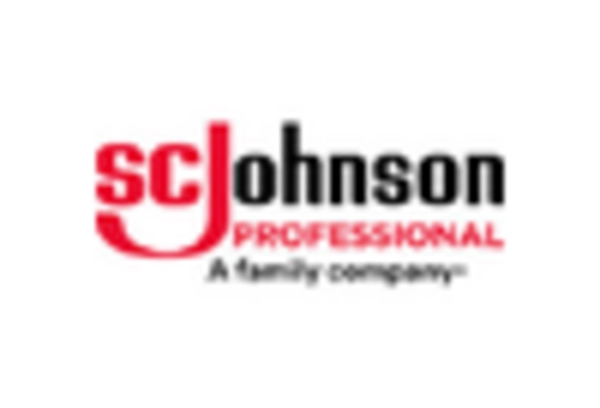










Leave a Comment